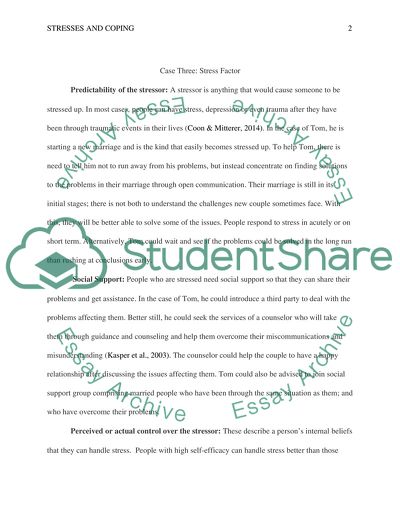Cite this document
(“Stresses and coping Term Paper Example | Topics and Well Written Essays - 1500 words”, n.d.)
Stresses and coping Term Paper Example | Topics and Well Written Essays - 1500 words. Retrieved from https://studentshare.org/psychology/1664392-stresses-and-coping
Stresses and coping Term Paper Example | Topics and Well Written Essays - 1500 words. Retrieved from https://studentshare.org/psychology/1664392-stresses-and-coping
(Stresses and Coping Term Paper Example | Topics and Well Written Essays - 1500 Words)
Stresses and Coping Term Paper Example | Topics and Well Written Essays - 1500 Words. https://studentshare.org/psychology/1664392-stresses-and-coping.
Stresses and Coping Term Paper Example | Topics and Well Written Essays - 1500 Words. https://studentshare.org/psychology/1664392-stresses-and-coping.
“Stresses and Coping Term Paper Example | Topics and Well Written Essays - 1500 Words”, n.d. https://studentshare.org/psychology/1664392-stresses-and-coping.


